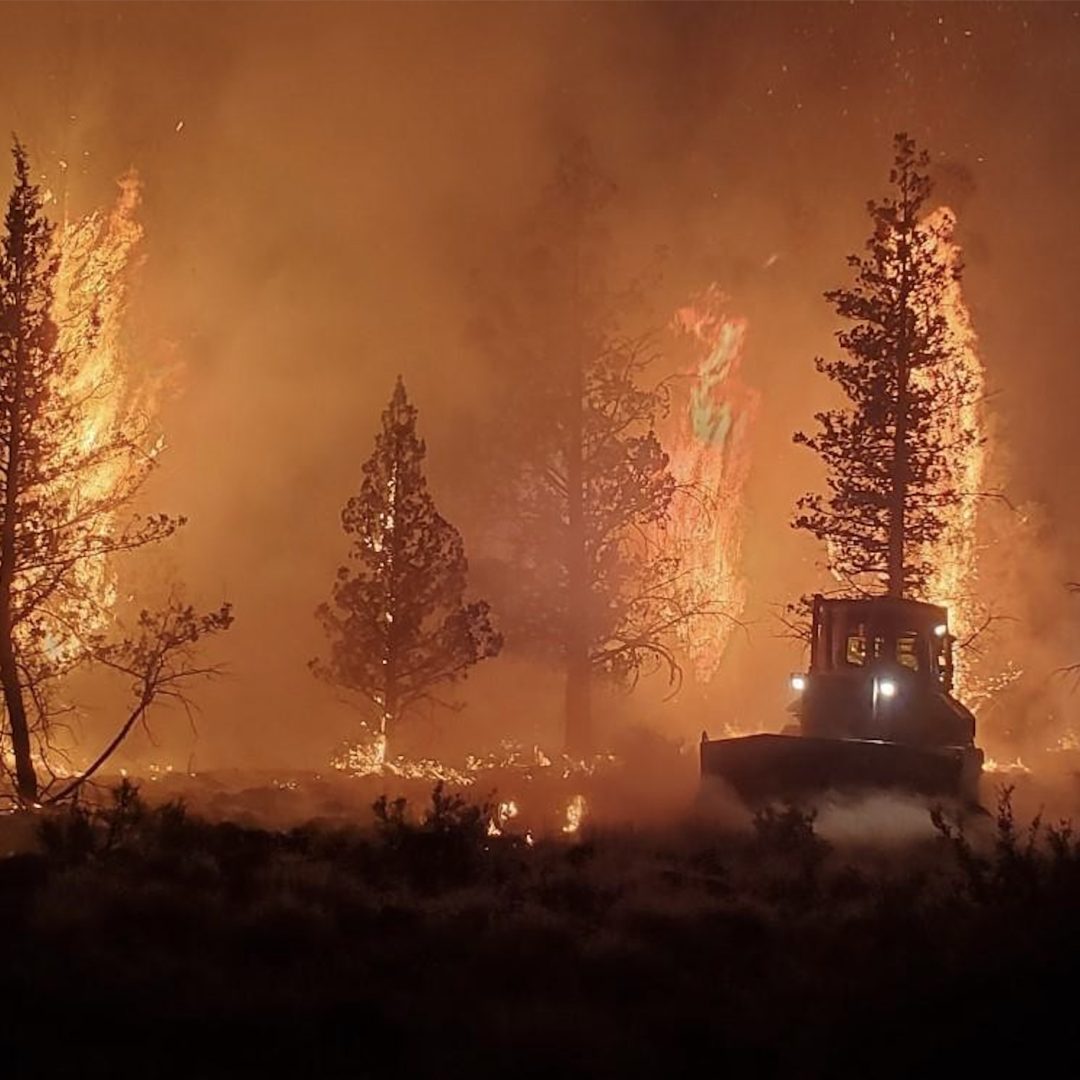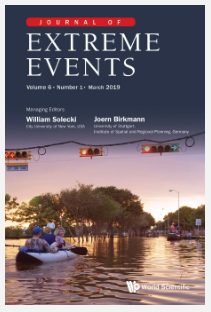Abstract: Wildfires can be devastating for social and ecological systems, but the recovery period after wildfire presents opportunities to reduce future risk through adaptation. We use a collective case study approach to systematically compare social and ecological recovery following four major fire events in Australia and the United States: the 1998 wildfires in northeastern Florida; the 2003 Cedar fire in southern California; the 2009 Black Saturday bushfires in Victoria, southeastern Australia; and the 2011 Bastrop fires in Texas. Fires spurred similar policy changes, with an emphasis on education, land use planning, suppression/emergency response, and vegetation management. However, there was little information available in peer-reviewed literature about social recovery, ecological recovery was mostly studied short term, and feedbacks between social and ecological outcomes went largely unconsidered. Strategic and holistic approaches to wildfire recovery that consider linkages within and between social–ecological systems will be increasingly critical to determine if recovery leads to adaptation or recreates vulnerability.
Creating Fire-Adapted Communities Through Recovery: Case Studies from the United States and Australia


